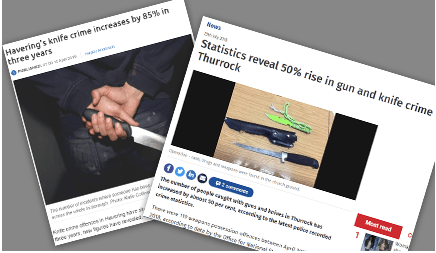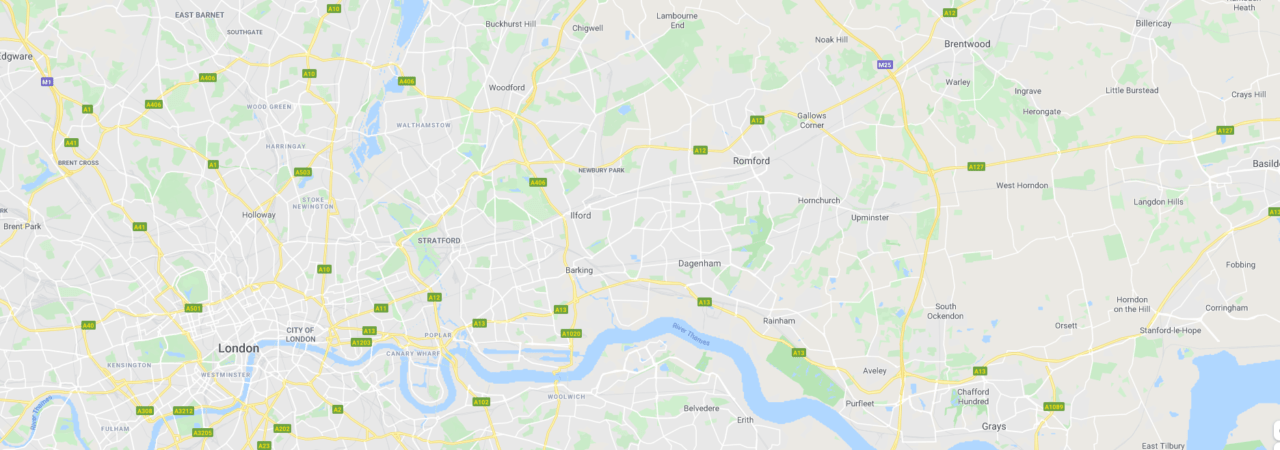We’ve all seen the newspaper articles. The shock story about another young person whose life has been brought to an untimely end. At LifeLine, we’ve had to come to terms with the news that some of the young people on our own programmes have died. It’s hard news to hear. And it’s equally as hard to talk to a school who doesn’t want to hear the message – that some of their students are in danger of becoming involved.
 Serious youth violence, as reported by the media, has focused on cities – London in particular. And inner-city schools have had to take the lead on tackling the issue. The immediacy of the problems they face has led to an urgency in investing in programmes such as LifeLine’s SW!TCH Lives, to alter the life course of the young people in their care, before they get involved in crime that leads to serious incidents, such as stabbings.
Serious youth violence, as reported by the media, has focused on cities – London in particular. And inner-city schools have had to take the lead on tackling the issue. The immediacy of the problems they face has led to an urgency in investing in programmes such as LifeLine’s SW!TCH Lives, to alter the life course of the young people in their care, before they get involved in crime that leads to serious incidents, such as stabbings.
Sadly though, schools in outer-London boroughs have been slow to recognise the danger. There’s a false sense of comfort – rather than a recognition that the county lines phenomenon has pushed inner-city issues way beyond their former boundaries into their schools. Fear of what parents might say or an over-focus on recruiting more students to bolster finances are two mistakes we have observed.
Student’s welfare must come first. There is a real danger in pretending the issue doesn’t exist. And yet a reality to the fact that if a school is under-subscribed, they tend to be offered the challenging students, those excluded from other schools – often those with difficult home circumstances. The very ones who are vulnerable to being recruited into a gang. However, taking the route of recruiting such students for the finances they bring can start a downward trend that ultimately affects the aspirations and vision of a school. Please heed our warning: there is a disproportionate impact that comes from a student who fatally wounds another.
It’s not all doom and gloom though. Our journey as a charity includes learning to stick with our mission, not altering it to fit with funders’ requirements. It’s also been to develop programmes that work in partnership with schools to prevent the above scenario from unfolding. Mentoring young people as long as they need it – giving them a responsible, trusted adult to talk to and work through the issues of life, offering a sense of vision, identity and purpose that challenges what their lived experience might tell them has long been our mission. Workshops support young people to open up and talk about the pressures and experiences that trouble them. Community activities provide social integration ‘by stealth’ while residentials offer young people the opportunity to ‘live it out’ – put it all into practise and discover that their future doesn’t necessarily have to be defined by their history.
And that’s why our plea in this article is to schools in the outer boroughs of London: Wake up! The issue is already with you! Our fully-funded programmes (along with others) are available to you – don’t wait for the police to turn up on your doorstep. Act now.



